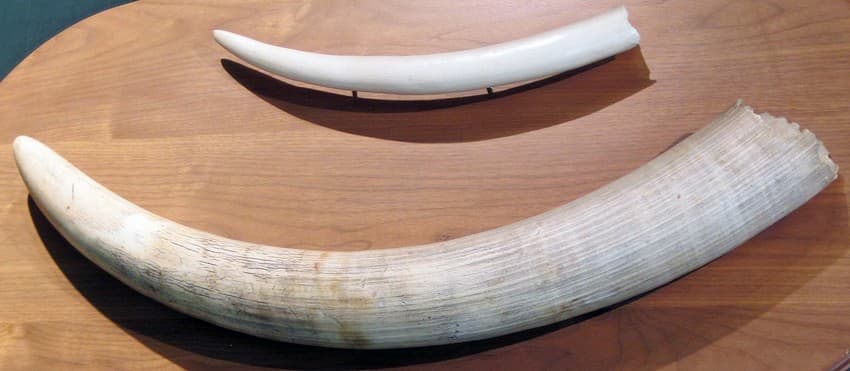MUMBAI: Twenty-seven NGOs from India, Vietnam, USA, UK, Canada, South Africa and Germany, on November 18, 2020, published an open letter to lawmakers in China urging them to act to reduce demand for wild animal species threatened with extinction.

Photo Credit: James St. John
In February 2020, China’s National People’s Congress announced that the Wildlife Protection Law – the country’s most important piece of legislation covering conservation and trade of wild animals – was to be revised.
This followed widespread discussion of the risks posed to human health and biodiversity by commercial trade in wild animals, triggered by the emergence of COVID-19 and suggestions it may have been linked to wildlife trade.
Shortly thereafter, China’s lawmakers banned commercial breeding and trade of most terrestrial wild animals for consumption as food. The new law consolidates the ban on trade for food consumption, also creating new enforcement mechanisms and increased penalties for wildlife crimes.
However, the draft law would still allow commercial trade in wild animals and their body parts for non-food purposes such as traditional medicine and ornamental items – even if the species is protected and endangered.
Species whose body parts are currently traded legally in China include pangolins, leopards, tiger, bears and elephants, all of which are seriously threatened by poaching and trafficking and for which China represents a major source of demand.

Photo Credit: Dan Bennett
The open letter contends that by maintaining legal domestic markets for endangered species, Chinese Government policy is acting contrary to the urgent need to reduce demand and is instead legitimising consumption of these and other threatened species.
The NGOs note that legal markets – including products sourced from captive-bred specimens – frequently exacerbate threats to wild populations by legitimising and perpetuating demand for the products, while often being subject to abuse which enables laundering of illegally sourced wild animal products.
Aron White, Wildlife Campaigner & China Specialist with the London-based Environmental Investigation Agency (EIA), said: “Many of the organisations which have signed the letter work in countries such as India, where tigers and leopards survive in the wild but are still threatened by poaching for their body parts; they are urging China’s lawmakers to support their efforts by closing domestic markets for threatened wild animal species.”
Moreover, the environmental groups are concerned that by permitting trade and consumption of wild animals for traditional medicine and other purposes, the draft law could undermine commendable policy changes aimed at reducing disease risk from wildlife trade, such as the new ban on trade for food consumption.
Strong action to halt and reverse biodiversity loss, which threatens global life support systems and increases the risk of future pandemics, is urgently needed from all governments around the world, including action to end illegal and unsustainable wildlife trade.
With China hosting a major intergovernmental summit in 2021, the 15th Conference of the Parties to the Convention on Biological Diversity (CBD CoP15), the letter notes it is crucial that the country demonstrate leadership in these efforts.
Dr. Anish Andheria who is the President of the Wildlife Conservation Trust, India, said, “It is exceedingly important that China further validates its own commitment to reducing the national demand and trade of wildlife by boldly enhancing its recent landmark policy that prohibits commercial breeding and trade of several endangered species for food consumption. Allowing consumption of animal derivatives for traditional medicine and other non-food purposes contradicts the underlying aim of the legislative action of preventing the extinction of several threatened animals and future emergence of infectious diseases such as COVID-19 from being transmitted to people by eliminating brutal and intimate interactions with wild animals.”
——————————————————————————————————————————————————————
Your donations support our on-ground operations, helping us meet our conservation goals.
——————————————————————————————————————————————————————
Related Links
- Recycling needs Rethinking
- Wildlife Trafficking: Here’s What You Should Know
- Conservation Herbs
- Illegal Wildlife Trade: The Need to Look Within
- Rise in Wildlife Crime: Pandemic’s Intensifying Collateral Damage
- Mitigation on roads near Tadoba must, rules NGT

